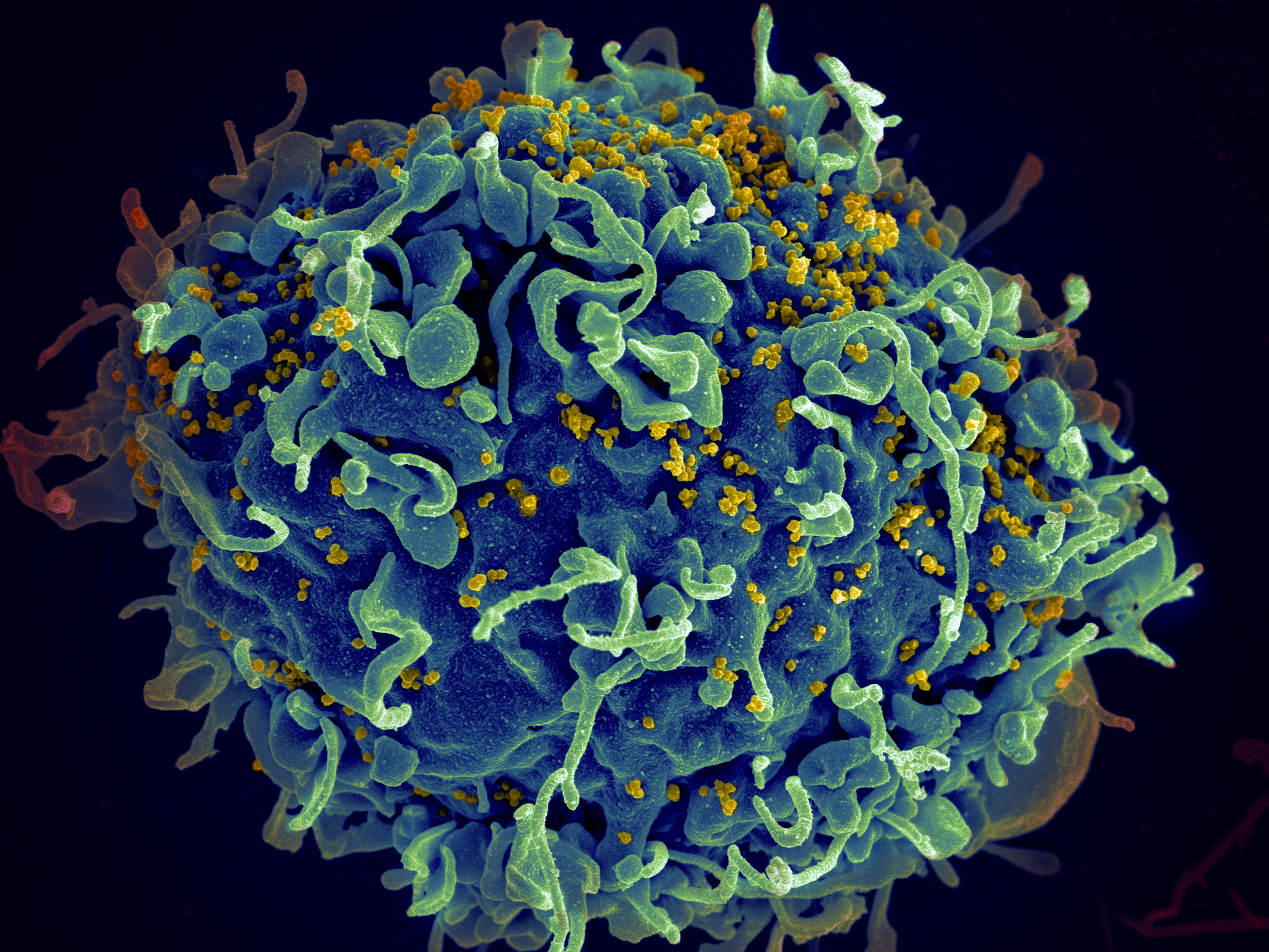CDC: 'Vampire facials' at an unlicensed spa in New Mexico led to HIV infections in three women
The Centers for Disease Control and Prevention issued a Morbidity and Mortality Report last week that documented the first instances of HIV transmissions contracted through unsterile injections used while receiving “vampire facials,” cosmetic procedures involving microneedling

Your support helps us to tell the story
From reproductive rights to climate change to Big Tech, The Independent is on the ground when the story is developing. Whether it's investigating the financials of Elon Musk's pro-Trump PAC or producing our latest documentary, 'The A Word', which shines a light on the American women fighting for reproductive rights, we know how important it is to parse out the facts from the messaging.
At such a critical moment in US history, we need reporters on the ground. Your donation allows us to keep sending journalists to speak to both sides of the story.
The Independent is trusted by Americans across the entire political spectrum. And unlike many other quality news outlets, we choose not to lock Americans out of our reporting and analysis with paywalls. We believe quality journalism should be available to everyone, paid for by those who can afford it.
Your support makes all the difference.Three women were diagnosed with HIV after getting “vampire facial” procedures at an unlicensed New Mexico medical spa, the Centers for Disease Control and Prevention said in a report last week, marking the first documented cases of people contracting the virus through cosmetic services using needles.
Federal health officials said in a new report that an investigation from 2018 through 2023 into the clinic in Albuquerque, VIP Spa, found it apparently reused disposable equipment intended for one-time use, transmitting HIV to clients through its services via contaminated blood.
WHAT IS A VAMPI RE FACIAL? IS IT SAFE?
Vampire facials, formally known as platelet-rich plasma microneedling facials, are cosmetic procedures intended to rejuvenate one’s skin, making it more youthful-looking and reducing acne scars and wrinkles, according to the American Academy of Dermatology.
After a client's blood is drawn, a machine separates the blood into platelets and cells.
The plasma is then injected into the client's face, either through single-use disposable or multiuse sterile needles.
Vampire facials have gained popularity in recent years as celebrities such as Kim Kardashian have publicized receiving the procedure.
HIV transmission via unsterile injection is a known risk of beauty treatments and other services, officials say.
Despite this, the Academy says vampire facials are generally safe.
Health officials say spa facilities that offer cosmetic injection services should practice proper infection control and maintain client records to help prevent the transmission of bloodborne pathogens such as HIV.
HOW WERE THE HIV CASES LINKED TO THE SPA?
The New Mexico Department of Health was notified during summer 2018 that a woman with no known HIV risk factors was diagnosed with an HIV infection after receiving the spa's vampire facial services that spring.
Four women — former spa clients — and one man — the sexual partner of one of the spa clients but who did not receive services at the spa himself — received HIV infection diagnoses there during 2018-2023. Analysis showed similar HIV strains among all cases, according to the CDC's report last week.
The HIV diagnoses for two of these patients “were likely attributed to exposures before receipt of cosmetic injection services,” according to the CDC.
Evidence suggested that contamination from services at the spa resulted in the positive HIV infection tests for the other three patients.
Health officials found equipment containing blood on a kitchen counter, unlabeled tubes of blood and injectables in the refrigerator alongside food and unwrapped syringes not properly disposed of. The CDC report said that a steam sterilizer, known as an autoclave — which is necessary for cleaning equipment that is reused — was not found at the spa.
ARE ANY OTHER PATIENTS AT R ISK?
Through the New Mexico Department of Health's investigation, nearly 200 former clients of the spa, and their sexual partners, were tested for HIV, and no additional infections were found.
According to the CDC, free testing remains available for those who previously frequented the spa.
WHAT HAPPENED TO THE SPA OWNER?
The former owner of VIP Spa, Maria de Lourdes Ramos de Ruiz, pleaded guilty in 2022 to five felony counts of practicing medicine without a license, including conducting the unlicensed vampire facials.
The New Mexico Attorney General's office said Ramos de Ruiz also did illegal plasma and Botox-injection procedures.
According to prosecutors, inspections by state health and regulation and licensing departments found the code violations, and the spa closed in fall 2018 after the investigation was launched.
Ramos de Ruiz was sentenced to 7 1/2 years, with four years being suspended on supervised probation, 3 1/2 years time in prison and parole, according to court documents.
Raul A. Lopez, attorney for Ramos de Ruiz, did not immediately respond to requests for comment.
___
Alexa St. John is an Associated Press climate solutions reporter. Follow her on X, formerly Twitter, @alexa_stjohn. Reach her at ast.john@ap.org.